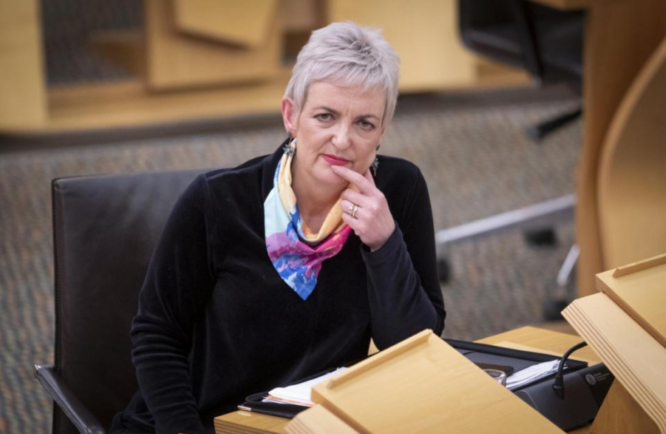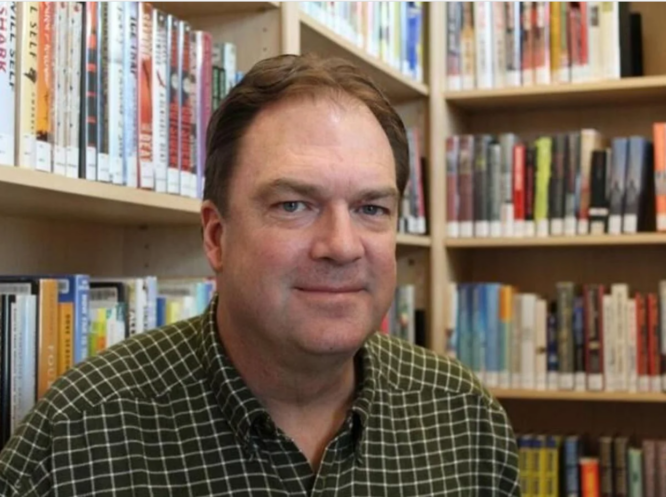They’ve made another mess. The historic, monumental legislation to overturn centuries of Scots law has just started and is headed for the crash barriers. Who knew?
Even to the layperson, the concept of ditching juries in favor of well-educated judges to increase conviction rates seemed doubtful. Lord Uist called it “constitutionally repugnant” and doubtful.
Our erudite friends across declare they would not participate in a “experiment” in trials without juries for rape or attempted rape cases. Trials with the goal of convicting more males are not appropriate for “experiments.”
That’s fundamental justice 101. Lord Uist and others question whether it is within the Scottish Parliament’s competence because it would violate the European Convention on Human Rights’ right to a fair trial.
Already, that seems a difficult bar to clear—or, more likely, retreat from—which leads us to the question of how, repeatedly, the Scottish Government comes forward with high-profile plans for legislation that either fail or, if passed by Holyrood, must be reversed?

That question reminds me of last week’s news. Special advisers—political appointees who steer policy and media—cost the Scottish Government around £2 million a year. Nicola Sturgeon doubled this to 18 at Holyrood.
It’s important that we examine how Holyrood operates.
Special advisors should be viewed with distrust and their function limited regardless of government. Aspirant politicians motivated by short-term distractions and overconfidence will likely reject impartial civil servant counsel as their number and influence grow.
Streetwise special advisers should safeguard ministers from poor counsel. Instead, they become enforcers with the ability and patronage to stifle opposition. Civil servants know what’s best for their careers and choose the easy route. Who will caution ministers against following the top-down consensus?
Half-baked, headline-hunting schemes and expensive laws designed to fail. Nicola Sturgeon’s narrower and more narcissistic decision-making circle expedited all of this.
I don’t know how these legal revisions became public, but I have a few questions. Did someone take the time to inform ministers of the legal profession’s impending boycott of their “experiment”? Did anybody warn them of the ECHR risk Lord Uist quickly identified? Why not? Special Advisers?
Angela Constance, the Cabinet Secretary for Justice, is unlikely to ask the proper questions like Humza Yousaf. Ms. Constance now says she wants to work “in a spirit of partnership” with attorneys who say “we’re at the beginning of process”. Where did I hear that? Before contested proposals are announced, a competent “process” begins.
Political pressure for more convictions in certain situations cannot drive the legal system. If society rightfully wants more convictions, it should invest more in investigation and prosecution. The true scandal may be the limited number of alleged offenses that reach court, not the conviction rate.
Since becoming government, Mr. Yousaf has scrapped the Deposit Return Scheme and lifted a restriction on alcohol advertising in visitor centers, including baseball hats. If he’s smart, he’ll do the same with HPMAs. These were poorly planned, impractical, and unintelligent.
Opposition parties at Holyrood should look beyond day-to-day conflicts to improve competence and policy by examining how the Scottish Government works. “Doing things better” allows politicians to argue that it’s not all about spending more money when so much is wasted.
By reducing special advisers, I would save £1 million immediately. It’s easy to forget that £1 million can accomplish a lot of tiny, beneficial things, but it’s more vital to state that we need a depoliticized civil service, which only a change of administration can provide.
Next, I would half the ministries. 29 of them, plus law officers, in a parliament of 129 MSPs managing devolved powers is absurd. Since most of the existing lot are only occupying space, fewer could better match skill with duties.
How long has it been since the Scottish Government introduced a progressive policy that changed everyday Scots’ lives? Nobody could answer. Not money. Competence is where SNP opponents should fight.




